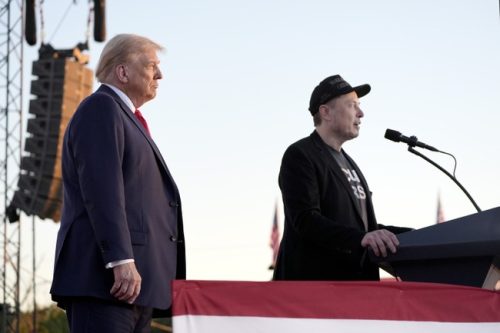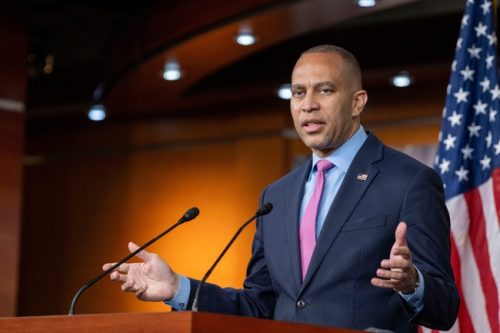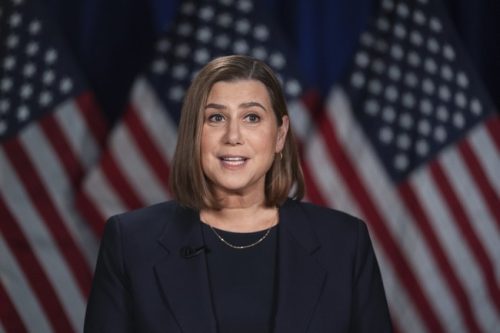President Trump’s recent decision to reverse the renaming of several Army bases is much more than a simple headline. It’s a bold declaration of intent, delivered with the kind of forthrightness that has come to define his political style. With a decisive speech at Fort Bragg, he reinstated the original names of seven iconic U.S. military installations.
This move isn’t just about clinging to the past. It’s about honoring the memories and legacies that these names represent. Trump’s action challenges what he sees as the left’s preoccupation with symbolic gestures over tangible results.
To truly grasp the significance of this moment, one must look deeper. Trump’s decision goes beyond mere formality or ceremony. By restoring the names of Fort Bragg, Fort Hood, Fort Polk, and others, he made a statement that resonates with those who have served.
For many veterans, these names are more than just words on paper. They are imbued with personal history and significance. They are engraved in the hearts and minds of those who have passed through their gates.
Some commentators dismissed Trump’s speech as typical rhetoric. Yet, for those who listened closely, his words carried weight: “We won a lot of battles out of those forts. It’s no time to change.” This statement is not mere rhetoric but a reflection of the deep connection between soldiers and their bases.
Trump made it clear: “Fort Bragg is in. That’s the name. And Fort Bragg, it shall always remain.” His words were not calculated for political gain; they were a reaffirmation of the importance of these names as emotional anchors.
The significance of these base names is understood beyond the military community. Many civilians, too, feel a connection to these places. For them, the renaming of Fort Bragg to “Fort Liberty” meant more than just a new sign—it disrupted a cherished tradition.
The cultural fabric of the communities surrounding these bases has been woven over decades. The Pentagon’s estimated cost of over $60 million for the renaming process pales in comparison to the loss felt by those who call these places home.
The decision to rename these bases was made without consulting those most affected. For many, the change seemed like an erasure of history rather than a step toward healing.
As Trump stood firm at Fort Bragg, some Republicans quietly distanced themselves. Figures like Ben Sasse and Will Hurd, who were vocal on other issues, remained silent on this one. Their silence speaks volumes to those who value strength and conviction in their leaders.
The White House remained steadfast in its support of Trump’s decision. Despite opposition from within the party, Trump demonstrated his willingness to take a stand. His actions show a commitment to preserving military culture and identity.
The reaction from the left was predictable. Critics decried Trump’s move as regressive, with figures like Sen. Angus King calling it “an insult.” But for many veterans, the renaming felt more like an insult to their service.
The controversy over base names is emblematic of a larger debate in America. At its core, the issue is about how we choose to remember our history and honor those who served. For Trump, the choice was clear: preserve the legacy and honor of these historic bases.
This debate isn’t just about the names of military installations. It’s a reflection of the broader cultural and political divisions in the country. Trump’s decision is a call to remember who we are and what we stand for.
The GOP now faces a crucial decision: support Trump’s vision or risk being seen as a party that shies away from difficult conversations. Trump, for his part, has made it clear where he stands.
His actions serve as a reminder of what it means to lead with courage and conviction. By reinstating these base names, Trump has reinforced the importance of honoring our military heritage.






